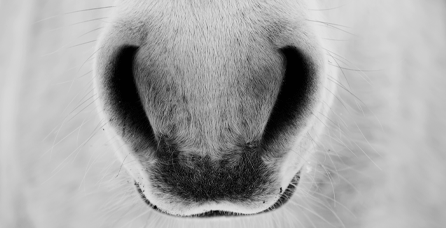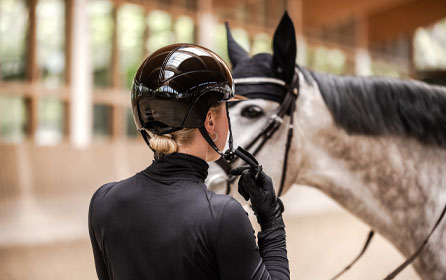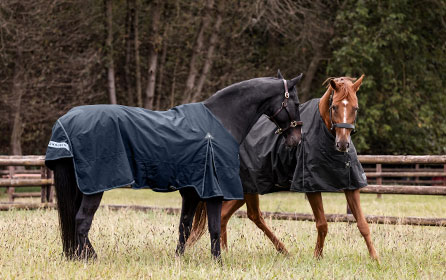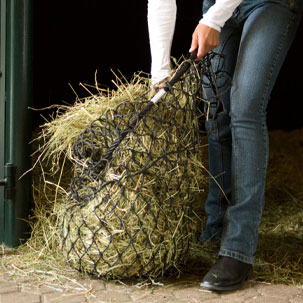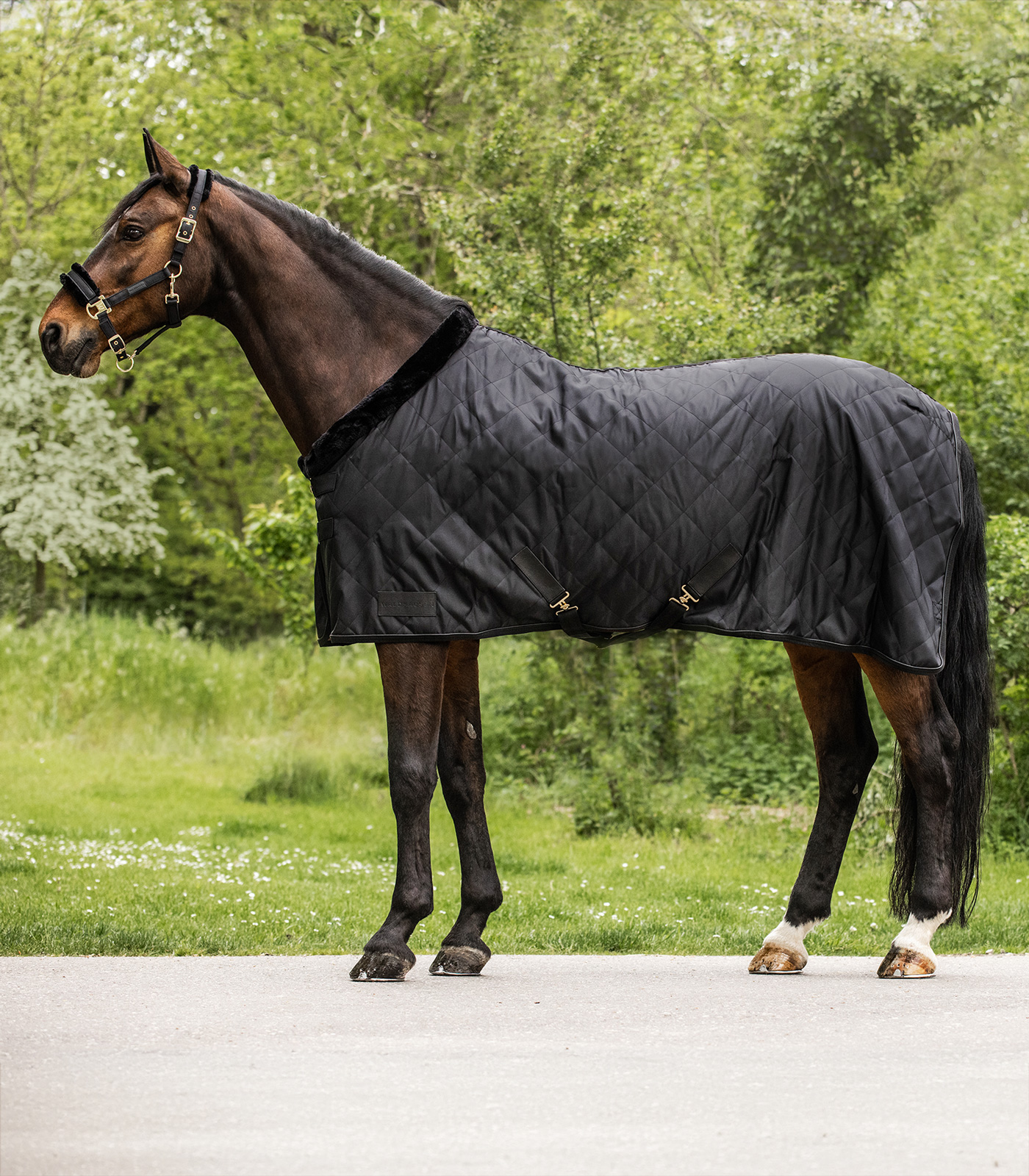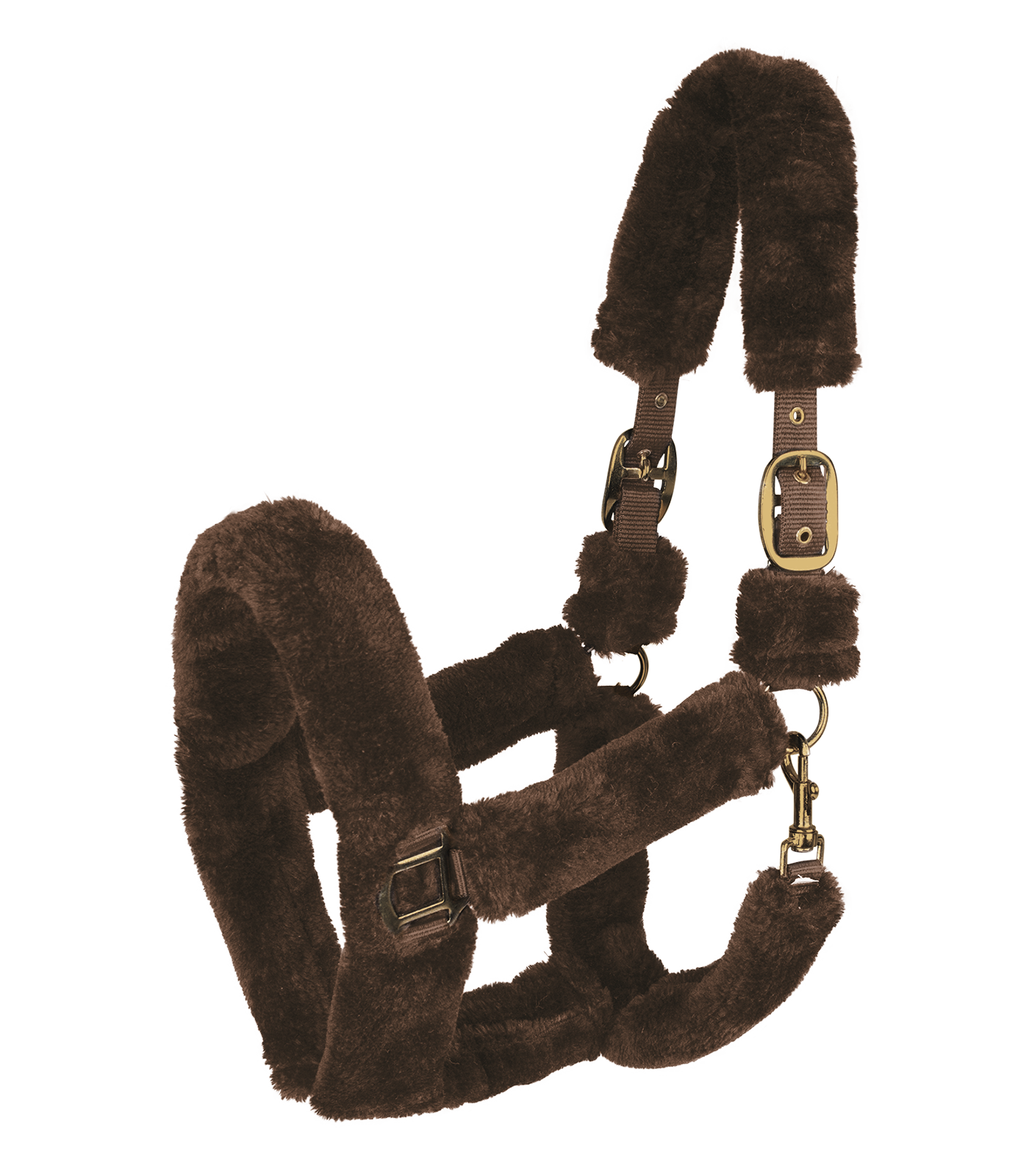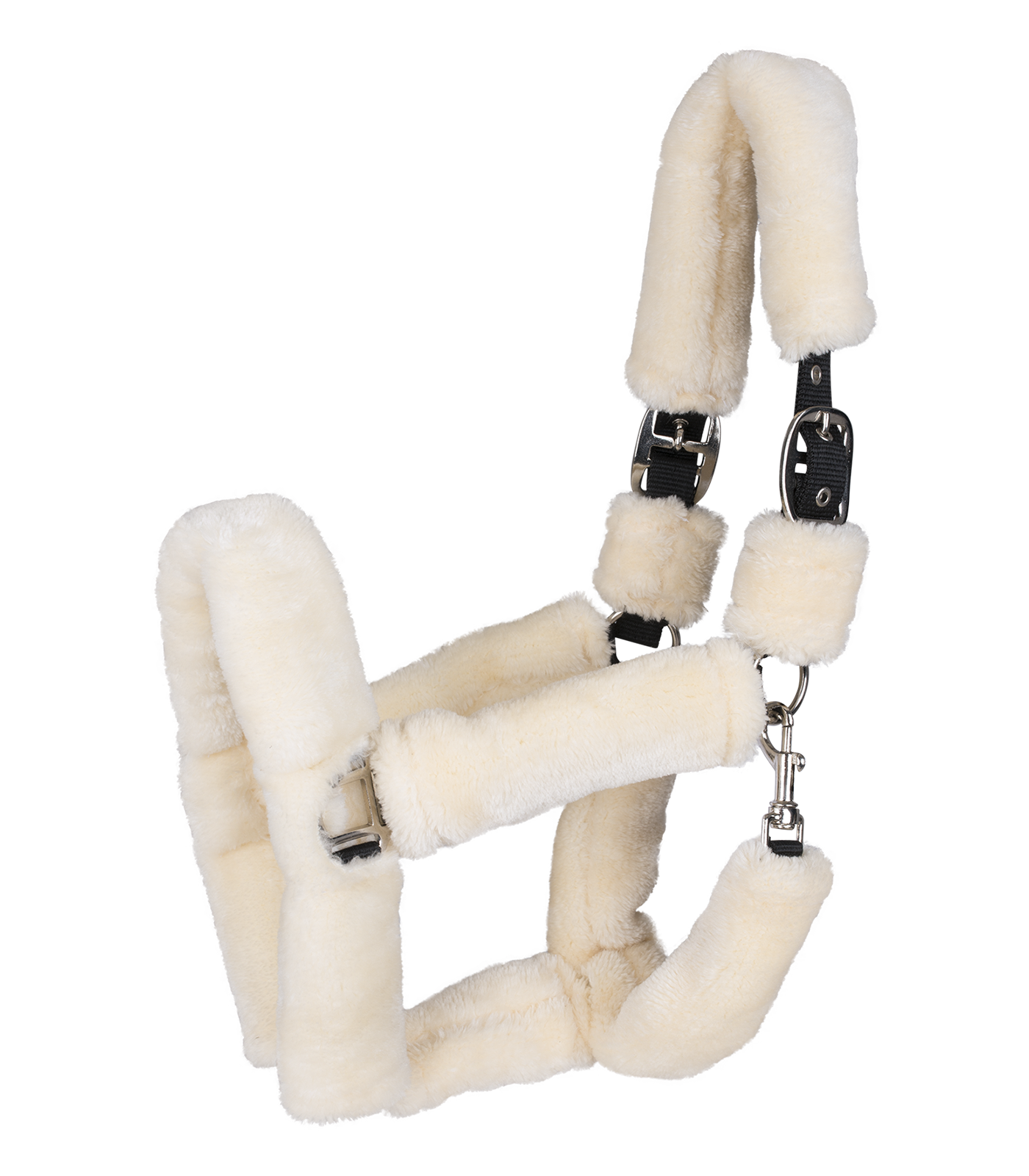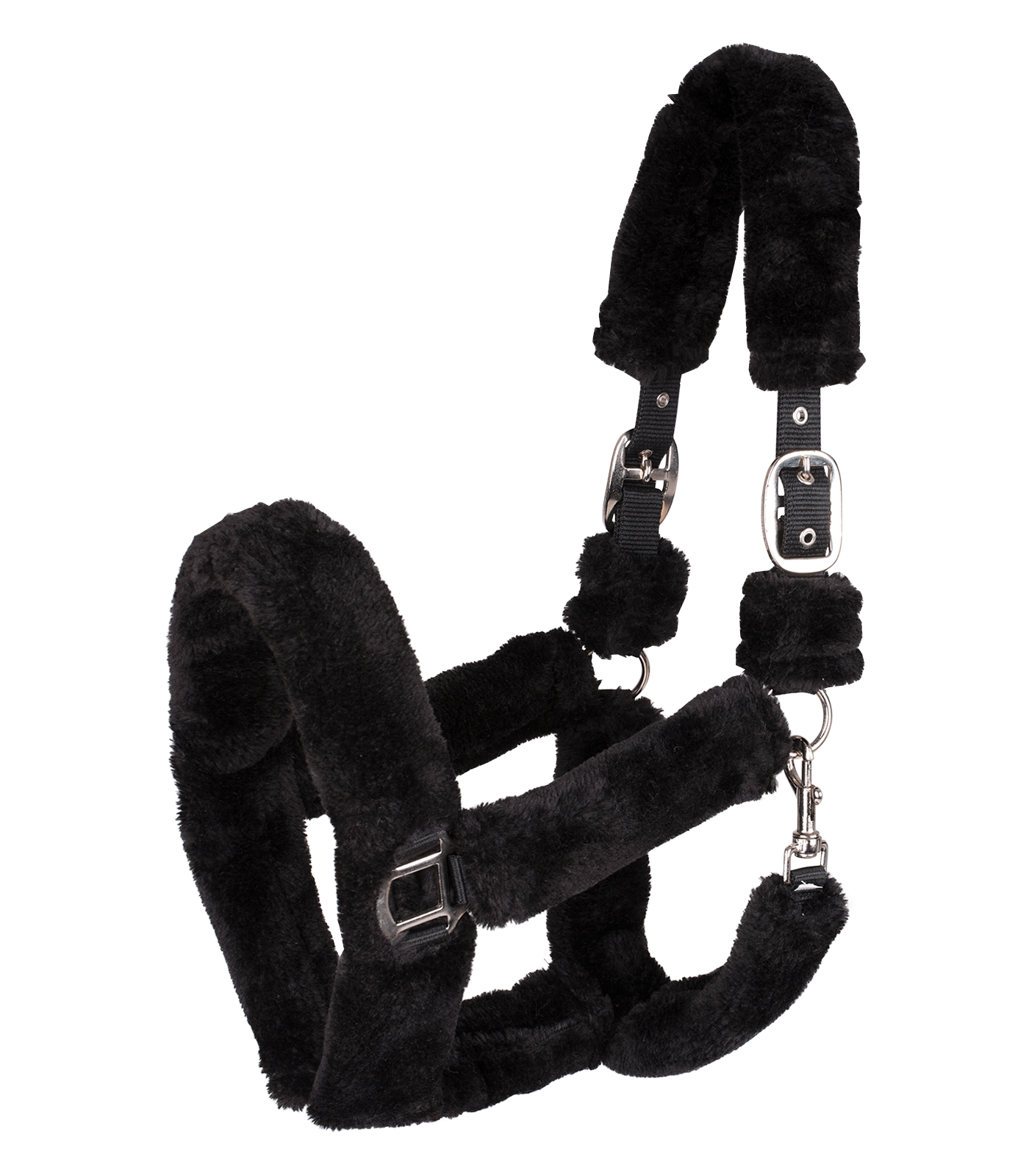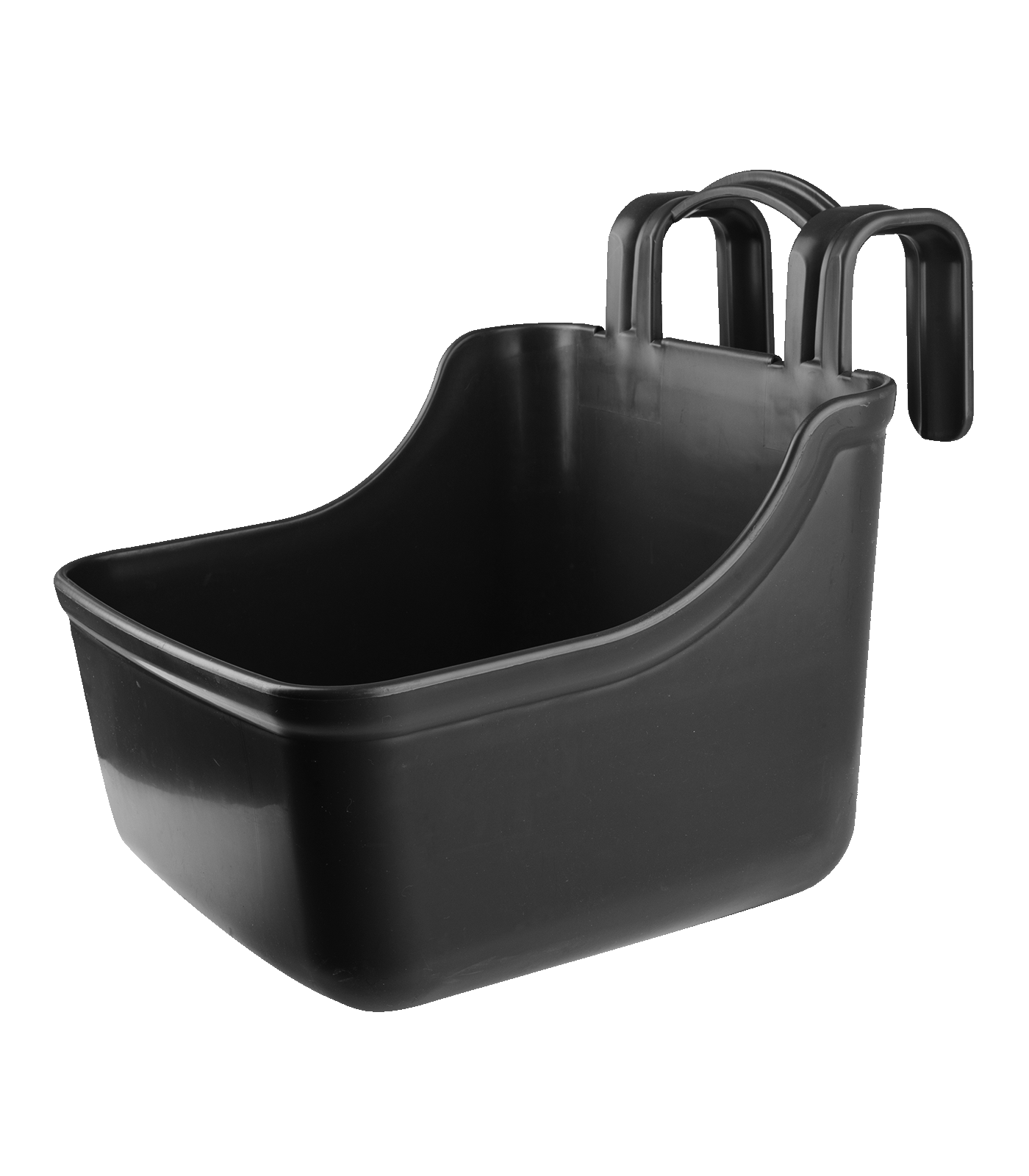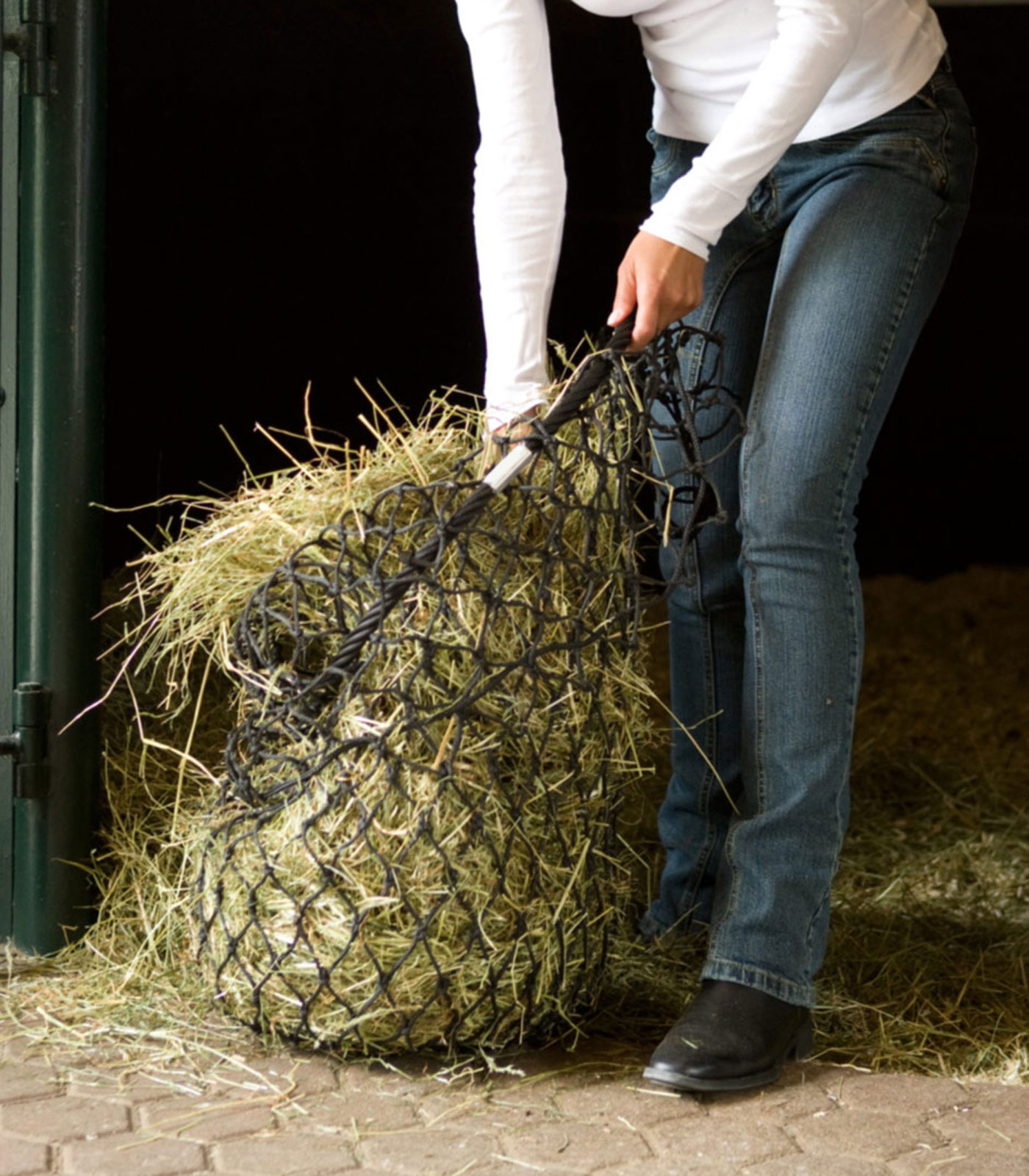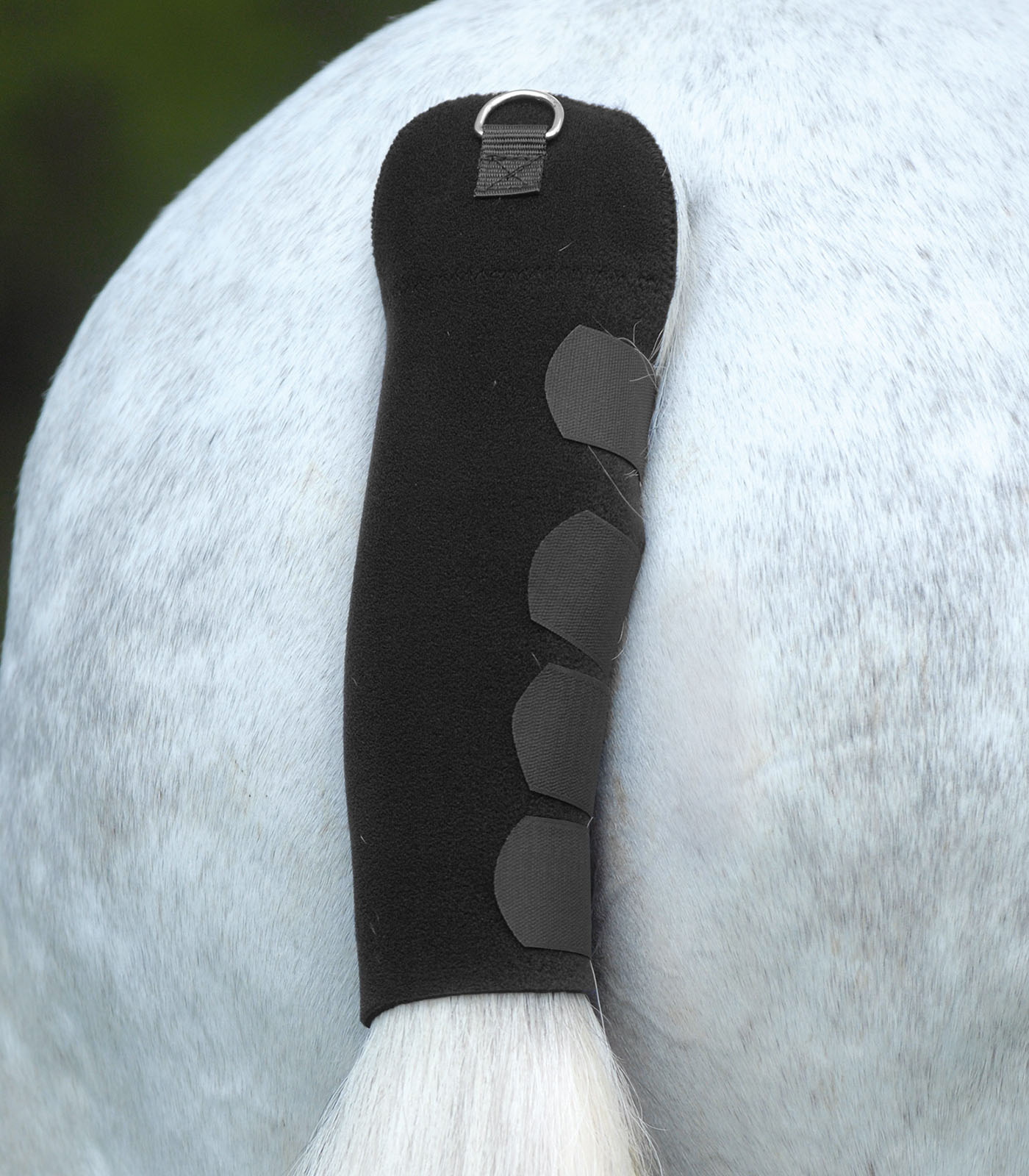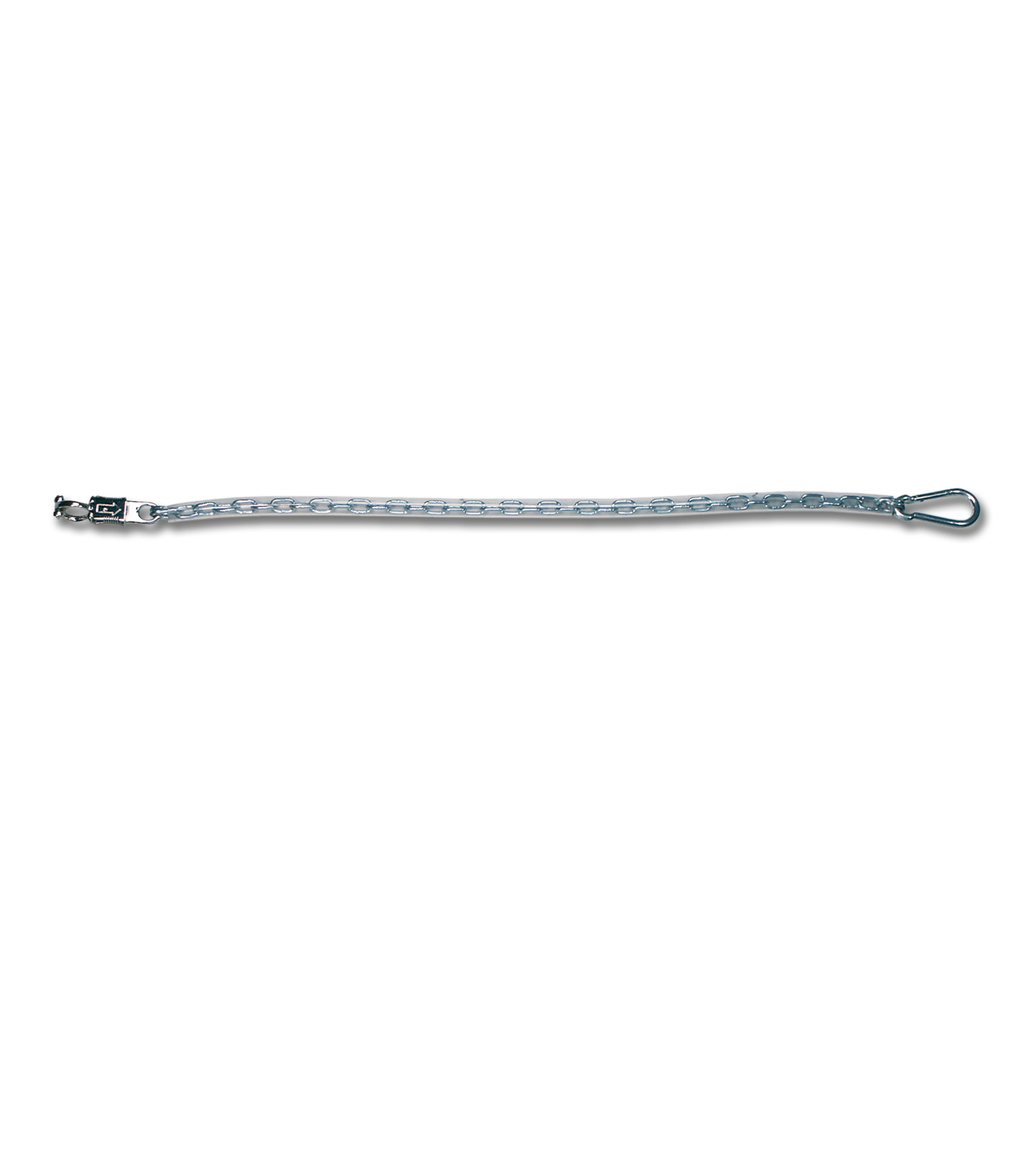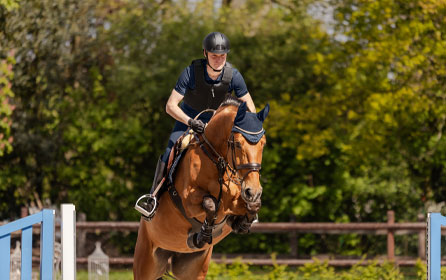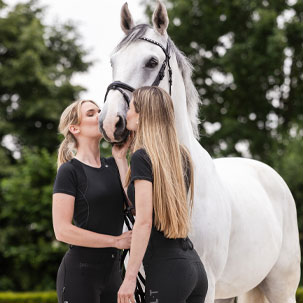
According to the laws of Animal Welfare, it is the responsibility of humans to protect the life and well-being of animals. It requires that animals must be appropriately fed, cared for, and housed in ways that meet their natural behaviors and needs.
But what exactly does that mean?

„Most people’s problem with their horses is that the horses are overfed and underworked “- Clinton Anderson
Feeding horses can be a topic of a heated debate in the stable. Ultimately, how to feed one’s own horse is a personal decision, not a public debate. However, there are some principles that are crucial to a horse’s health. Horses should have access to roughage for at least twelve hours a day. To keep their digestive tract active, feeding breaks should not exceed four hours. Hunger periods longer than eight hours can be problematic; if the pH level in the stomach turns acidic, this can increase the risk of stomach lining irritation. Feeding breaks longer than four to six hours should ideally be rare exceptions. Every horse, even in group housing, needs enough space to eat undisturbed. Pastures must be free of toxic plants. Access to fresh water at all times is absolutely essential. Treats like fruit, vegetables, and baked goods contain sugars and carbohydrates and should be given in minimal amounts, or ideally not at all. Many of our leisure horses are unfortunately overweight and don’t get enough exercise—a problem with physical consequences and potential impacts on behavior. Persistent begging, uncontrolled energy bursts, diabetes, metabolic issues, and much more can be linked to inappropriate feeding practices. When in doubt, veterinarians or equine nutrition experts can provide solid guidance.
Horse transport made easy - products for a safe trip
The authors

